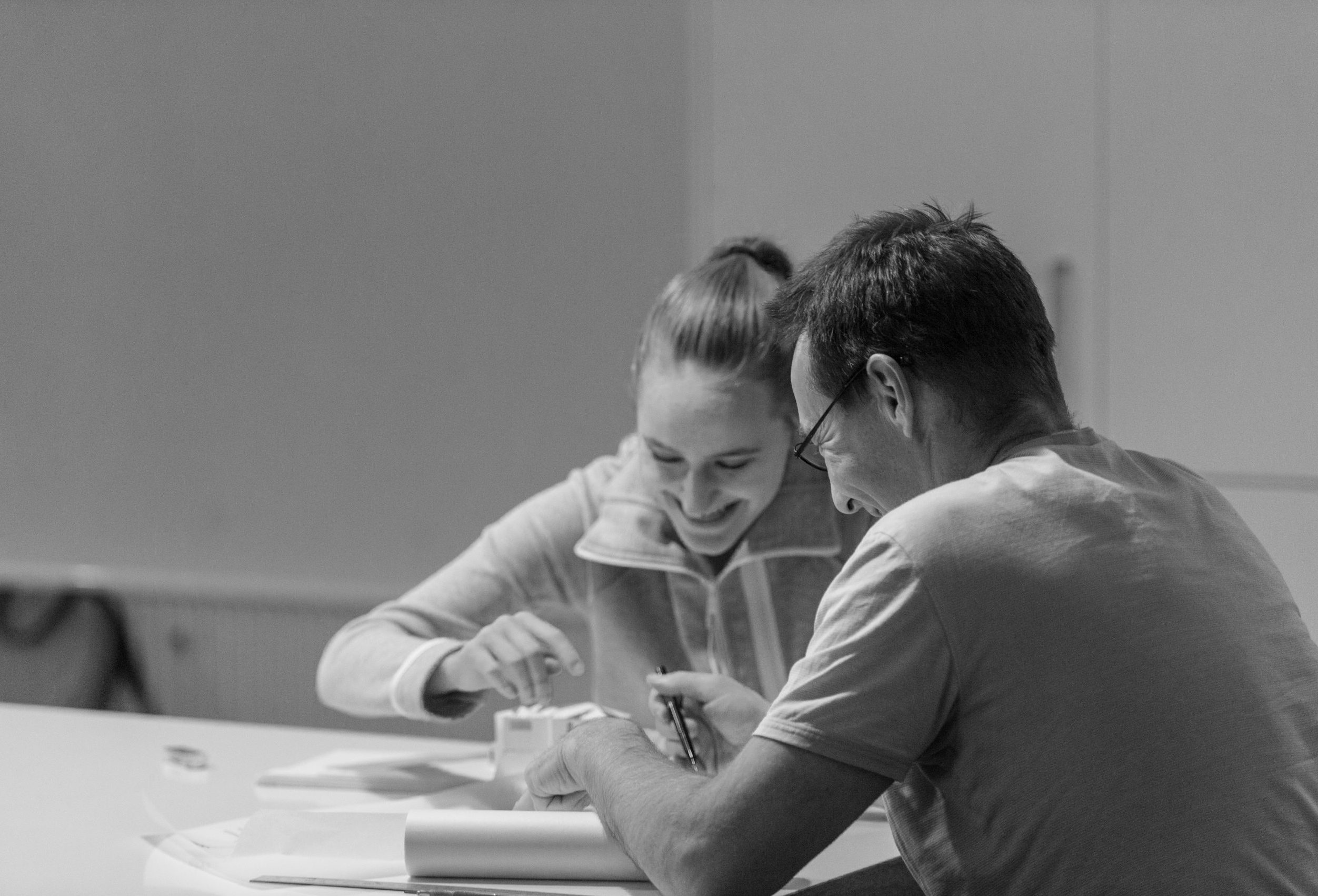Shifting values
Covid-19 has certainly changed the way we live, work and spend our leisure time. It has also changed people’s values, not only for an older generation, but also for their children – what they can expect going forward. And with all the uncertainly both economically, politically and socially, combined with both manmade and natural disasters with climate change, new questions are being raised in an uncertain world. Values such as owning a house, the post-war dream and one of the ideals that was taken for granted by subsequent generations, is now more of a dream than a reality.
For parents with adult children, as is the case with architect Steffen Welsch, these questions are regularly discussed. The idea of a detached house with a double garage seems an unlikely proposition given the cost of housing and the increase in interest rates. Welsch’s grandparents had to struggle to put his parents through medical courses in Germany to secure their future and his parents have passed this security on to their son Steffen. But even with a good education, with both of Welsch’s children studying at university, there are not the same guarantees for the creature comforts that have been enjoyed by the post-war generation.
 Welsch’s daughter, who is studying architecture, is not only concerned about the cost of having a family, but as importantly, what type of world she will inherit in the decades to come. And while these are pertinent questions for a young woman in her early 20s, they are regularly asked by others in her cohort, all contemplating a future with so many unknown variables. Building one’s own house formed part of the post war dream – but is this now simply a notion that cannot possibly be achieved even by those on professional incomes? For a budding architect, building one’s own home was never out of reach – until now.
Welsch’s daughter, who is studying architecture, is not only concerned about the cost of having a family, but as importantly, what type of world she will inherit in the decades to come. And while these are pertinent questions for a young woman in her early 20s, they are regularly asked by others in her cohort, all contemplating a future with so many unknown variables. Building one’s own house formed part of the post war dream – but is this now simply a notion that cannot possibly be achieved even by those on professional incomes? For a budding architect, building one’s own home was never out of reach – until now.
So, with the changing ‘goal posts’ the questions raised by Welsch’s daughter take on a different slant – questioning why it’s important to actually own a house on one’s own. Perhaps, the model going forward will be to share the responsibility of owning a house with friends rather than only with partners – new regulations by the banking industry are being tailored for friends to take out loans together. Welsch’s son, who is studying economics and commerce at university, has different priorities to his sister. At a time when many younger people are reducing their level of consumption due to economic or social reasons, his son believes consumption is what motivates and drives people to move forward and achieve their goals. And while Welsch takes a different standpoint from his son, he can appreciate the pleasure that comes with purchasing smaller items, be it a book or a record. Obviously, there are both record and book libraries to reduce consumption, but both father and son enjoy the pleasures that come with buying these items and putting them on shelves after they have been listened to or read, often two or three times.
While books and records are generally purchased in a store or online, Welsch sees the importance of making stronger connections to the source, particularly when it comes to items such as food or wine – visiting a winery for example rather than simply going to a drive-in bottle shop. Seeing how something is made, whether it be wine or food, has taken on greater significance in our post-COVID world.
Welsch sees this post-pandemic period as an opportunity to reconnect with people, family and friends, as well as neighbours who formerly received a nod rather than actual engagement. And while overseas travels were once a given, places closer to home can be as equally enjoyed – be they regional or interstate.
Where questions relating to housing, travel or simply consumption were formerly taken for granted, there now seems to be greater thought given to these issues by all generations. When Welsch designs a family home, he questions how it will bring a family together, as much as offer spaces for their own contemplation. Sustainability has always been at the core of Welsch’s practices. This is demonstrated in his own home, with the family of four sharing the one bathroom rather than having separate ensuites to each bedroom. And while there may be only the one bathroom, it’s well appointed. Welsch is also mindful of people who are struggling to make ends meet. In the case of one friend who couldn’t afford to have his house painted, Welsch organised a working bee of friends to help out.
Post COVID there’s a pause on that instant gratification that came with having everything, and at once. But as Welsch has found, the best things come about over time – whether it’s the maturation of a garden or the way materials mellow over time. And while some families are fortunate to build their dream home all at once, others, as suggested by Welsch, should perhaps stage their renovations – suiting both their budgets and their family’s needs as they grow, with change occurring slowly and more thoughtfully.
Text by Stephen Crafti
